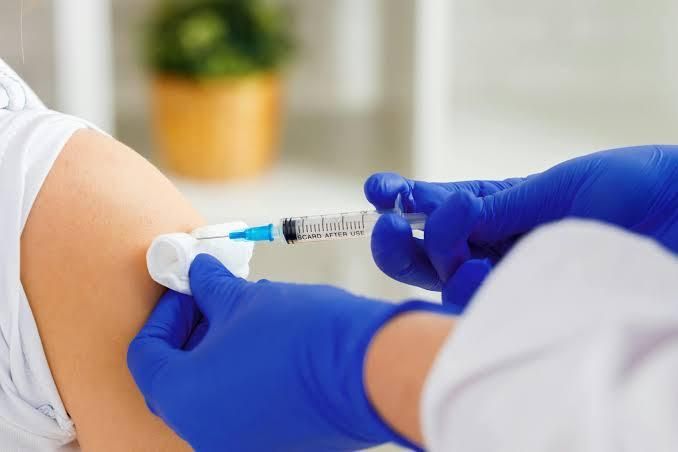In anticipation of winter, the government is launching a nationwide campaign that will allow thousands of people in England and Scotland to receive a vaccine against respiratory syncytial virus (RSV) starting on Sunday.
Pregnant women over 28 weeks and those over 75 will be eligible to receive the vaccination to help protect their unborn children. When moms receive vaccinations while expecting, the antibodies they produce help protect the unborn child during the first six months of life by crossing the placenta.
In 2023 and 2024, the previous government was repeatedly urged to promote the RSV vaccination, which results in 30,000 hospital admissions for infants and dozens of deaths every winter.
According to a Sanofi-funded study, RSV hospitalisations will cost the NHS over £91 million in 2022–2023.
RSV in infants, under one, can be particularly harmful as it can cause bronchiolitis, which leads to the inflammation of the small airways and significant breathing difficulties. In older adults, it is a cause of acute respiratory illness.
Last September The Independent revealed a stark warning from doctors that delays by ministers to roll out the vaccine would put children’s lives at risk and would heap pressure on NHS services at risk over winter.
Last winter was particularly bad for RSV among the under fours, who were the worst affected. Figures show at the height of the virus season at the end of November there were 44.83 admissions per 100,000 to ICUs for under four-year-olds.
Recent analysis suggests a new vaccination programme could prevent 5,000 hospital admissions and 15,000 A&E attendances, the UK Health Security Agency has said.
According to the agency, a programme could lead to 70,000 fewer infections in children under 12 months in the future and 20,000 fewer GP consultations.
In May this year, as other infections such as Strep A continued to circulate, The Independent also revealed warnings across several areas that hospitals had run out of paediatric intensive care beds.
It is well known the NHS is not awash with paediatric beds – or hospital beds in general – and so anything that might lessen admissions will be welcome.
Dr Mike McKean, vice-president for policy at the Royal College of Paediatrics and Child Health, said when the vaccine programme was announced it has the “potential to transform child health services during winter months”.
A reduction in paediatric hospital admissions for RSV could allow services to focus on other children and young people requiring emergency care during the winter months.
Waits for children, as with all emergency care waits, are getting progressively worse, while it used to be uncommon for waits to breach 12 hours for children, they are now more frequent.
Any ease up on A&E admissions may also allow hospitals to continue some waiting list work for children. As revealed by this publication, the children’s waiting list backlog has grown at a higher rate compared to adults.
Has the programme been announced in enough time to have an impact this winter? The announcement came in June, giving the NHS two months to drum up awareness about the vaccine among parents and older adults.
There have been numerous alerts this year regarding the poor vaccination rate for different diseases that affect youngsters. such as measles or whooping cough, thus authorities would also be worried about RSV uptake.
But if the annual program is well received, it could have a big effect on the NHS in the upcoming winter months, especially with regard to children's services.








.svg)


